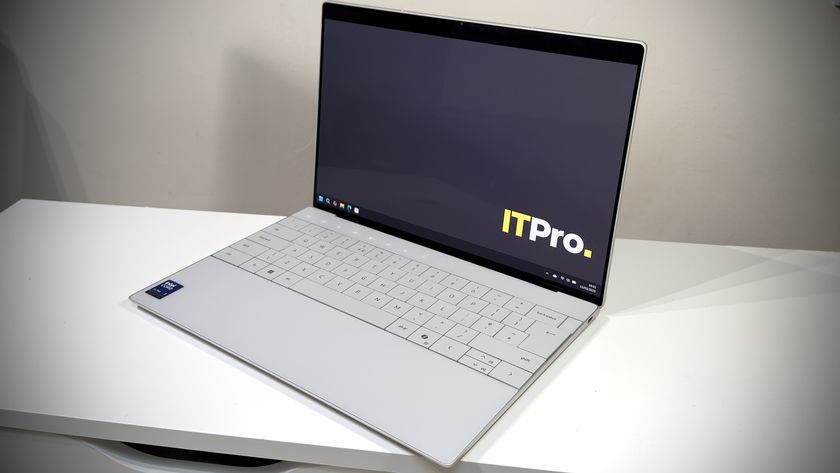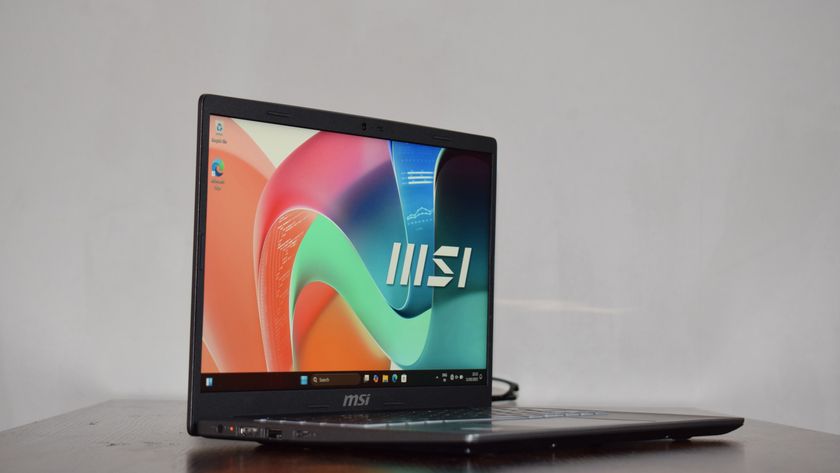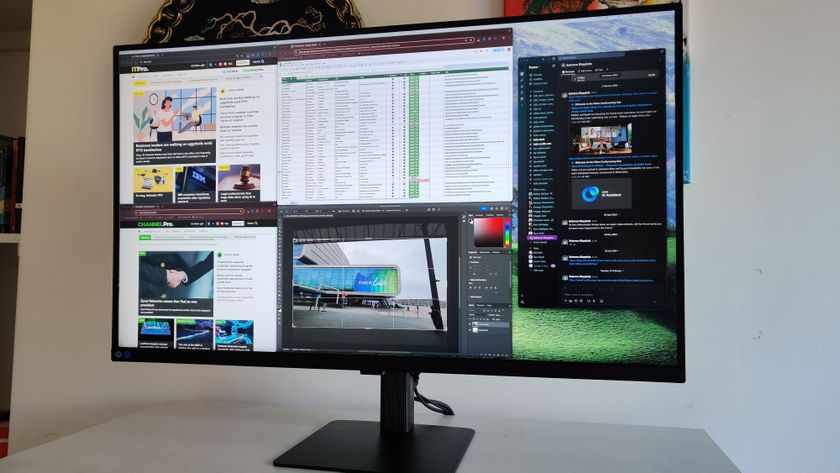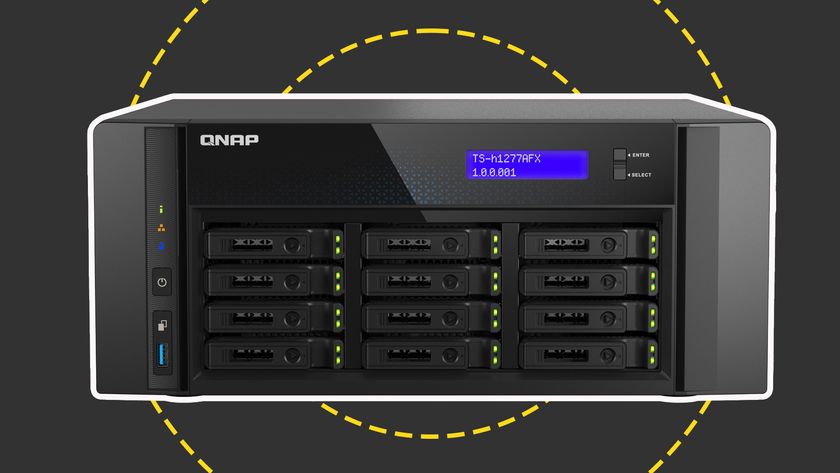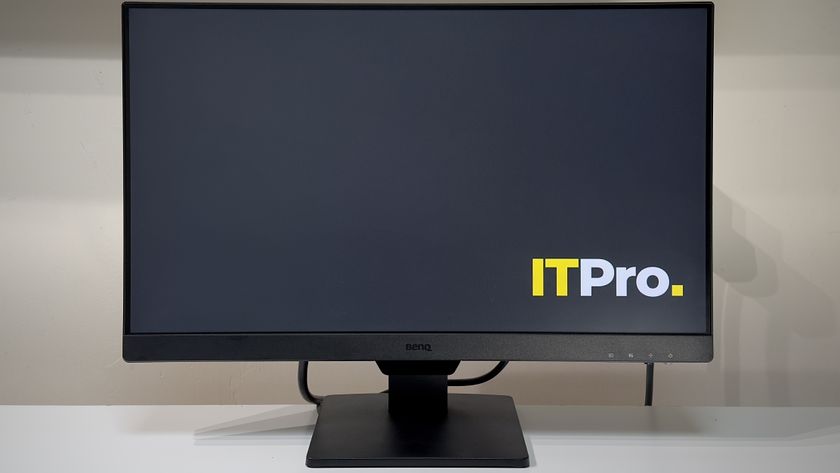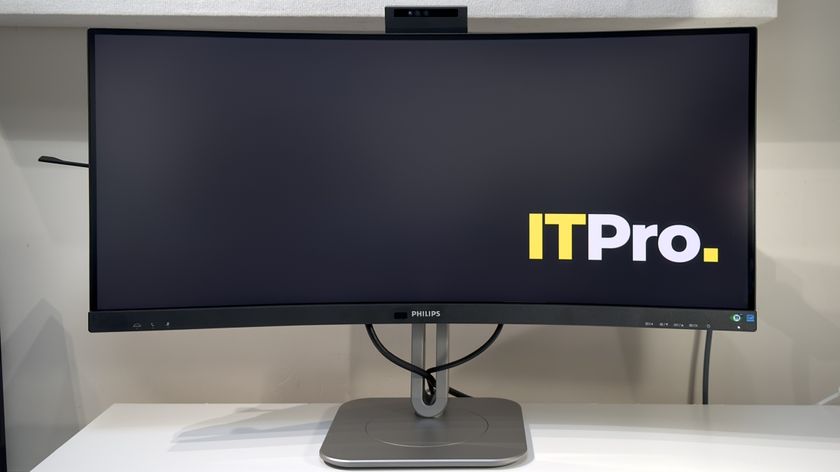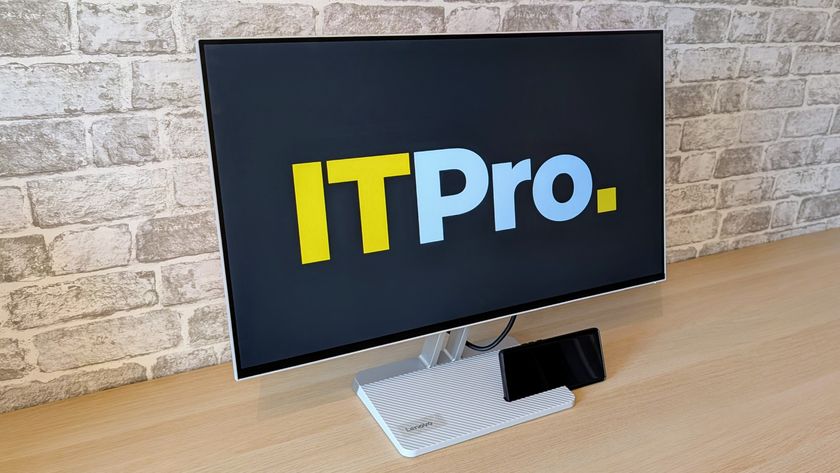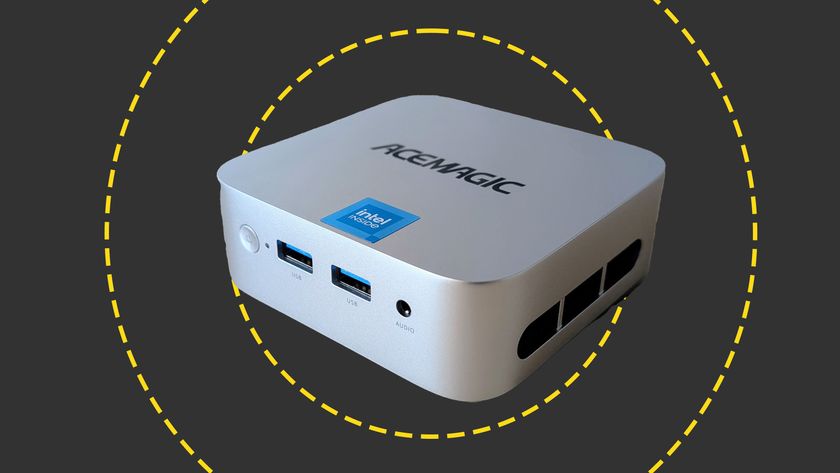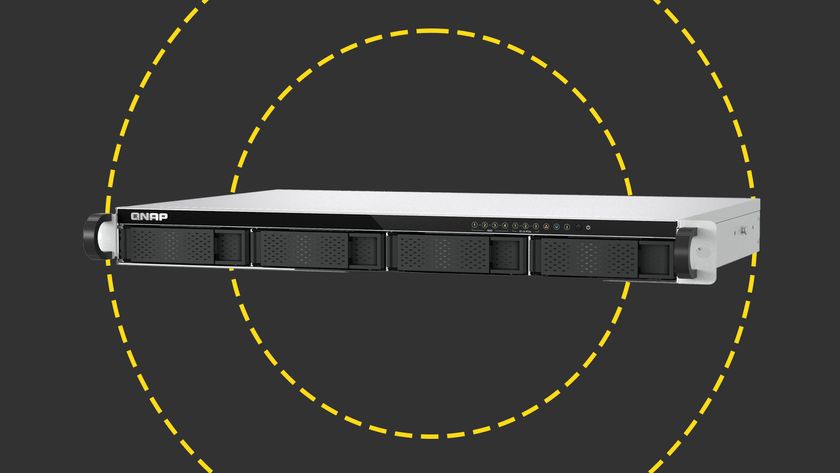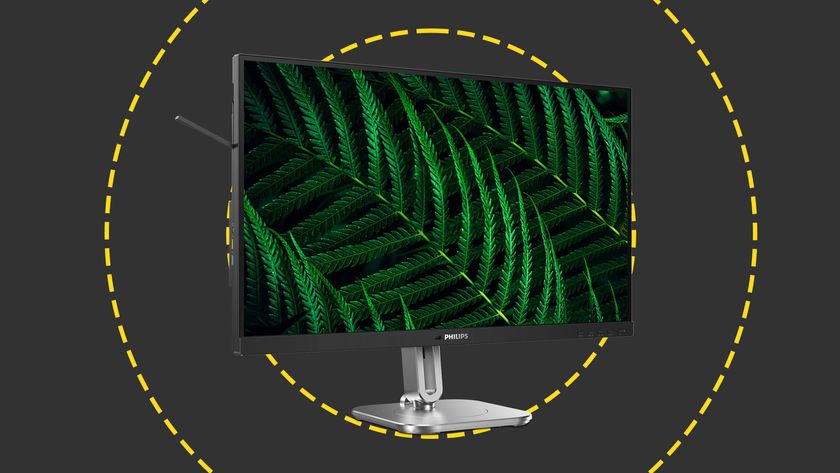Gateway anti-virus measures can be enabled for HTTP and FTP traffic plus inbound and outbound mail. HTTPS scanning is, unfortunately, conspicuous by its absence although eSoft advised us that it plans to add support for this soon. Intrusion prevention is a strong feature as you can declare specific mail and web servers plus operating systems and once completed the appliance will generate sets of protection rules and action policies for them.
To set up the mail filtering services you need to add details about your internal mail servers but we opted for the simpler transparent scanning process. There are plenty of options to play with here as the anti-spam features include a learning phase to improve eSoft's Bayesian filtering and you can create custom lists of content that you want to block or be notified about. You can manually train the filters to recognise spam as eSoft offers its SpamFilter add-in for Outlook so you can get your users in on the act enabling them to mark messages they want classified or declassified as spam.
The appliance applies a sophisticated scoring system for spam that can be customised to suit if required and it uses these to place suspect messages in one of three groups. Depending on their score you can forward them normally, reject or quarantine them or accept and delete them where the sender will be unaware that their message has been intercepted. To test eSoft's spam defences we left the appliance filtering live mail for a week in the lab and were very impressed with the results. During this period the 250 caught every genuine spam message and didn't generate any false positives either
You can start web filtering as soon as the appliance is deployed as it comes with a default security policy that has all URL categories activated. eSoft provides seventeen main category headings and underneath these there are over fifty sub-categories to play with. With authentication activated you can apply different policies to various users and groups and use time schedules to determine when they are active.
Further testing showed eSoft delivered the goods in this department as well. With the default policy in place we attempted to visit over one hundred games, gambling and social networking sites and were blocked from them all. It is advisable to make sure that the uncategorized' option is enabled as this picks up sites that don't fall into any of the other categories. With this disabled we found that of the sixty on-line bingo sites visited we got through to ten of them.
During testing we found the ThreatWall 250 a cinch to deploy and manage. The fact that eSoft doesn't use any third-party security measures is reflected in the very competitive price but don't think they will be less effective as we found anti-spam and web filtering performance to be very impressive.
Verdict
The content security measures employed by the ThreatWall 250 may be all home-grown by eSoft but they’ll give the competition a run for their money. This compact appliance is extremely easy to deploy and manage, offers an impressive range of security features for a very good price and delivers an impressive out-of-the-box performance.
Chassis: Desktop CPU: 1GHz VIA C7 Memory: 512MB 533MHz DDR2 Storage: 40GB IDE hard disk Network: 4 x Fast Ethernet Management: Web browser
Dave is an IT consultant and freelance journalist specialising in hands-on reviews of computer networking products covering all market sectors from small businesses to enterprises. Founder of Binary Testing Ltd – the UK’s premier independent network testing laboratory - Dave has over 45 years of experience in the IT industry.
Dave has produced many thousands of in-depth business networking product reviews from his lab which have been reproduced globally. Writing for ITPro and its sister title, PC Pro, he covers all areas of business IT infrastructure, including servers, storage, network security, data protection, cloud, infrastructure and services.




